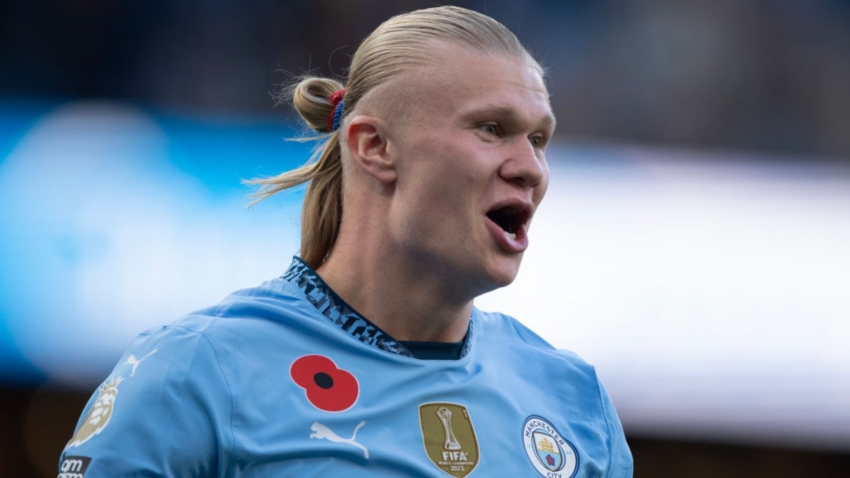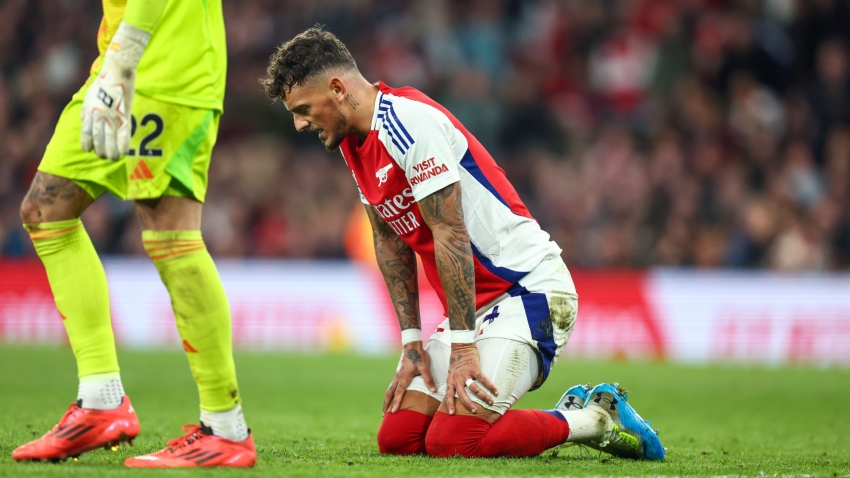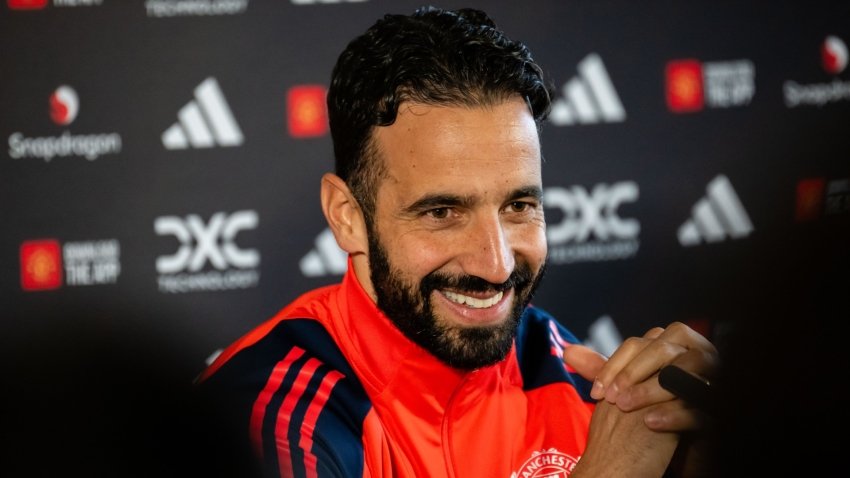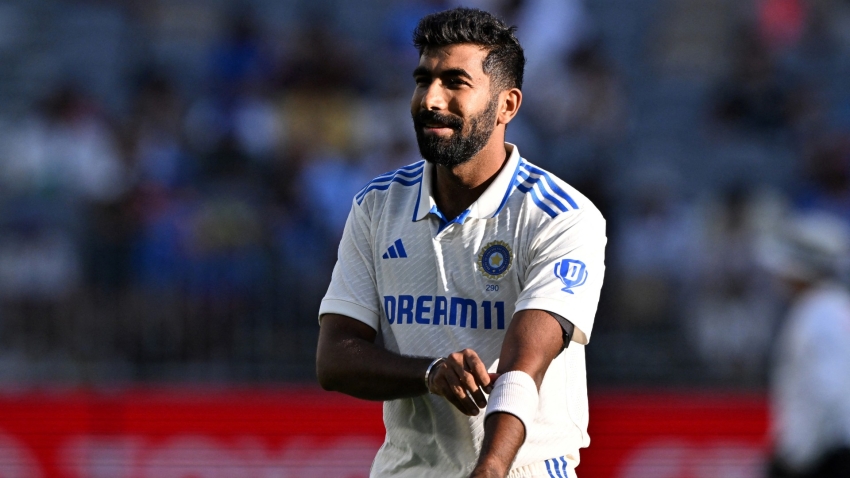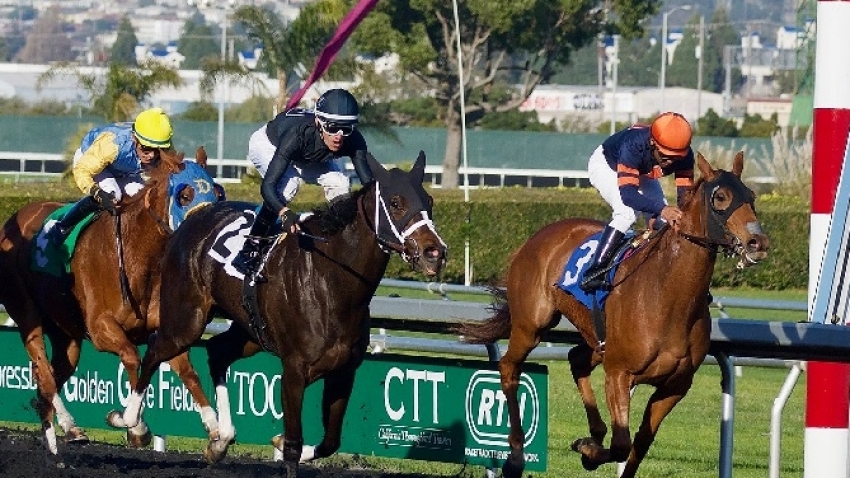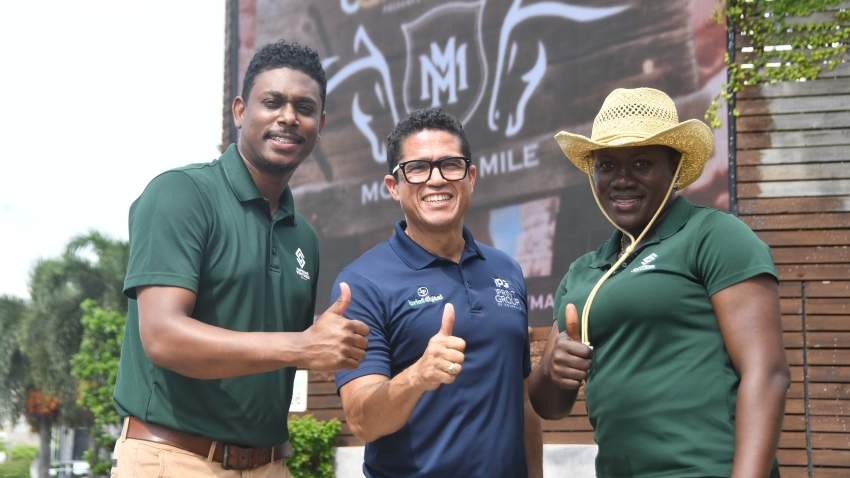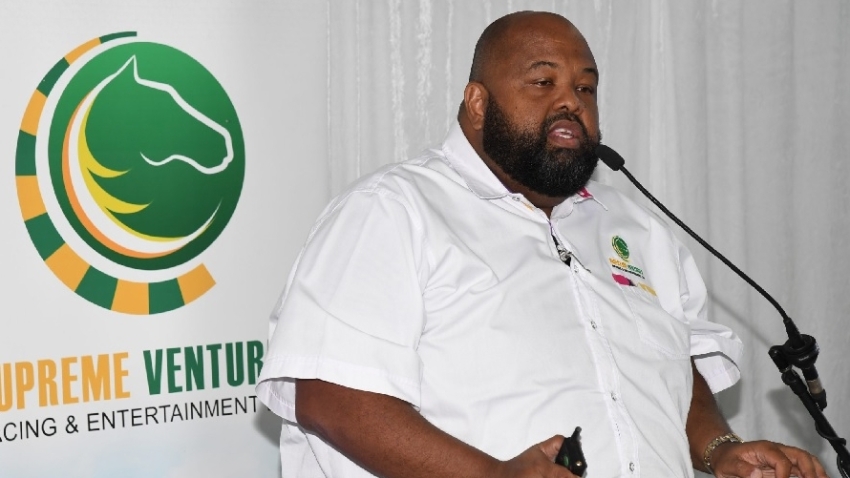Trainer Ted Walsh has described the changes to the Randox Grand National as a “another step in the abolition of jump racing as we knew it”.
The Jockey Club announced on Thursday morning that the maximum field size will be reduced from 40 to 34 and that a standing start will be implemented, as well as the first fence being moved forward.
There are some minor changes to the course too, with fence 11 reduced in height and the railing adjusted to help round up loose horses.
Walsh trained Papillon to win the contest in 2000 with his son Ruby on board and although Ruby has shown his support for the amendments, his father has concerns about the future of the race.
He told Sky Sports Racing: “The Jockey Club is just slowly giving in, they’re on the back foot. They have to try and appease those people (who criticise the event) in order for a race like the National to continue, it is what it is. This is only another step in the abolition of jump racing as we knew it.
“I wasn’t surprised, I haven’t been surprised by what the English might do for the last 20 years, some of the strangest things of all kinds.
“They’ve backed themselves into a corner on a few occasions, there’s nothing you can do to try and appease the antis and the animal welfare. Nobody ever stood up for the what the majority believed in that were involved in racing, they just got on the back foot.
“If you get on the back foot, you seem to be on the back foot for the rest of your life.”
Of his son’s differing views, Walsh added: “I don’t know what anybody else thinks, that’s my opinion on it. Ruby’s of a different generation, he’s 30 years or more younger than me and he has his own opinions and I respect him for it.
“I’m 73 and I probably won’t live to see the next 20 years, but I’d say in 20 years time you might have no English National and you might have no jump racing in England.”
Sandy Thomson saddled Hill Sixteen for the race this year, but the horse suffered what was described as an “unrecoverable injury” at the first fence.
The adjustments to the start and its proximity to the first fence may not have changed the horse’s fate, but Thomson is largely in favour of the measures and believes they will prove helpful.
He said: “The race has changed so much, the figures show they are going a lot quicker to the first fence and the class of horses going into the race. Do the horses 35 to 40 have much of a chance in the race? Probably they don’t.
“The other thing that they were looking at is the start and it seems that they couldn’t bring the start closer to the first fence, with the way the start was the horses on the outside were actually having to trot or canter just to keep up with the horses on the inside.
“They’ve had to try and reduce the speed and moving the first fence was one way, and the standing start obviously reduces the speed again. They’re the main changes and the time of the race as well, I think 5pm was just getting far too late for everybody. It’s a very good thing that they’ve brought it forward.
“Society is changing and we have to change with it, but we mustn’t just say ‘it’s getting ridiculous and we can’t carry on’. A huge amount of people get a huge amount of enjoyment out of the race and a small minority who just jump on the bandwagon shouldn’t be allowed to influence the majority. Unfortunately with social media being the way it is, that can happen.”









